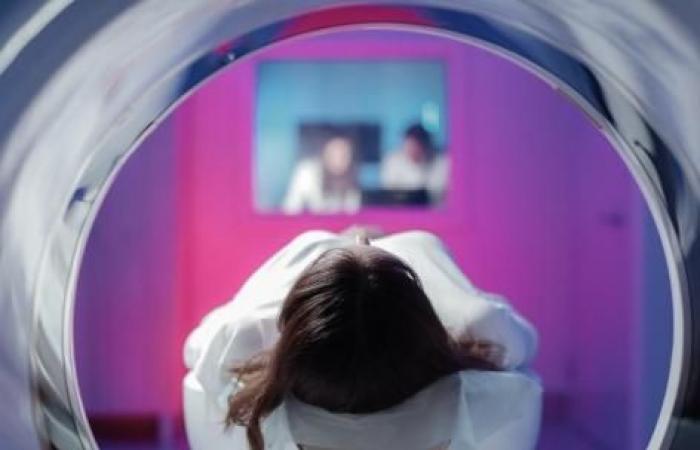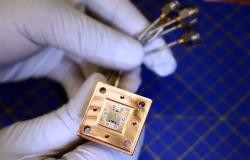THE ESSENTIAL
- Computed tomography is an X-ray scanner type examination.
- It makes it possible to diagnose cancer, observe the effectiveness of a treatment and monitor its progress.
- A study assessed the risk of repeated scans on those under 18 years old.
The scanner or computed tomography (CT) is a medical imaging test, used for the diagnosis of cancer, the evaluation of the effectiveness of a treatment as well as post-treatment monitoring. Using X-rays, this exam provides precise images of all body organs, blood vessels, spinal cord, bones and joints.
Repeated examinations increase the risk of brain tumors in children
In a recent study published in the Canadian Medical Association Journal (CMAJ)researchers warn that children who receive four or more CT scans before age 18 are at risk of developing a brain tumor, leukemia or lymphoma.
To reach this conclusion, scientists studied the medical data of 7,807 Taiwanese children, who were diagnosed with an intracranial tumor, leukemia or lymphoma between 2000 and 2013 as well as the medical information of 78,057 controls. within the Taiwanese national health system. The objective was to compare the tumor rate in participants who had a CT scan and those who had not.
Repeated CT scans: young children at greater risk of developing cancer
According to the results, a single exposure to X-rays from a CT scan does not increase the risk of cancer, however, children who have undergone two or three CT scans presented an increased risk of intracranial tumors. The risk of intracranial tumors, leukemia or non-Hodgkin’s lymphoma doubled in younger patients who had four or more exams. Researchers also found that younger children appeared to be at greater risk of developing cancer after repeated CT scans.
“Unnecessary CT scans should be avoided and special attention should be given to patients who require repeat CT scans (…) Parents and pediatric patients should be well informed of the risks and benefits before radiological procedures and encouraged to participate in decision-making regarding imaging”, Dr. Yu-Hsuan Joni Shao of the College of Medical Science and Technology (Taiwan) concluded.






